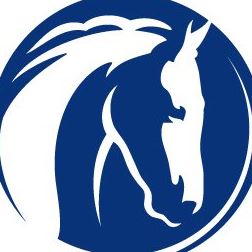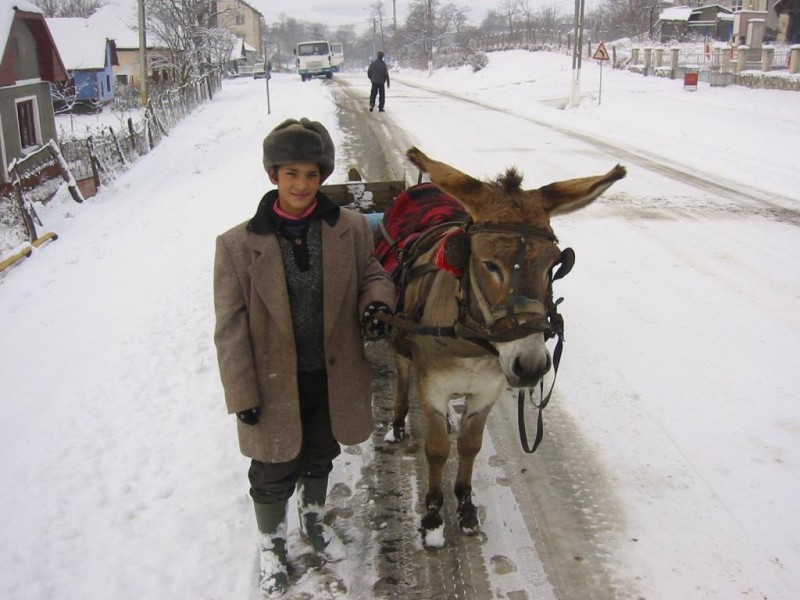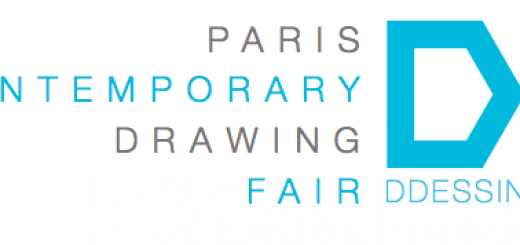World Horse Welfare
|
Hi there World Horse Welfare and lobbying consortium Eurogroup for Animals are today proud to publish ‘Removing the Blinkers: The health and welfare of European equidae in 2015’, the first ever report to investigate the scale of the horse sector in Europe, legislation affecting it and the key health and welfare challenges of the EU’s equids. Among a host of other recommendations, the report calls for species-specific legislation to protect horses, donkeys and mules who so often fall between the cracks of legislation designed for farm or companion animals. The full release is below, executive summary attached and images can be provided upon request. If you require anything further, please do get in touch.
Ground-breaking report on the health and welfare of EU horses, donkeys and mules published today Equids are uniquely versatile and fulfil roles as leisure and companion animals; working animals in tourism, forestry, agriculture and food production; as well as animals used for therapy and training and elite athletes in sports. Industries reliant on and built around them generate more than 100 billion euros to the economy. More than any other species they can change roles and may have many different owners in the course of their relatively long lives. But there are still many unanswered questions related to equids such as: How many equids are there in the EU? What are they used for? Are existing laws sufficient to protect them? What contribution do equids make to society and what are the main health and welfare problems in the EU equine population? The European Commission and the established European Commission Equine Steering Committee recognises this and identified five areas of specific concern to look into: (i) Identification and registration, (ii) Welfare at transport, (iii) Welfare at slaughter, (iv) Responsible ownership and (v) Rural development. This report is the first attempt to look at these concerns and to map out the sector, laws and health and welfare problems of Europe’s equine sector. The report poses a lot of questions due to the lack of data on equids but it also provides clear recommendations as to how these very adaptable animals can be better protected for the good of animal health and welfare and also the European economy. Roly Owers, CEO of World Horse Welfare commented; “This report provides a long overdue insight into the EU’s equine sector, and the welfare challenges our horses face. We are talking about a relatively small population of seven million animals – but one that generates at least €100 billion to the EU, often in rural areas where we are in dire need of more growth and development. We cannot allow this sector to continue being ignored at European level, either in terms of the health and welfare issues, or in terms of securing a sound future for a sector that has traditionally been one of the prides of Europe, that is proving to be such a valuable export industry and that is still so relevant to European society today.” Reineke Hameleers, Director of Eurogroup for Animals continued; “We see through this report that there is a real need for better and harmonised protection of equids through species-specific legislation as well as non-legislative guidance on responsible ownership. We will use this research as an important conversation opener with all EU stakeholders, and it will form the basis of our policy agenda for at least the next five years. Now is the time for the European Commission to take action and launch the first proper impact assessment of any future legislation affecting equines [AWR?] and start addressing the concerns raised.” World Horse Welfare and Eurogroup for Animals were delighted with the strong support they received for this work and its recommendations during today´s Intergroup session, and urge all MEPs not only to call for species specific legislation but also to support the forthcoming Own Initiative Report on responsible equine ownership by MEP Julie Girling. The report can be downloaded here: http://www.worldhorsewelfare.org/Removing-the-Blinkers ENDS Carys Samuel – World Horse Welfare Martyn Griffiths, Eurogroup for Animals Notes: World Horse Welfare is an international horse charity that improves the lives of horses in the UK and worldwide through education, campaigning and hands-on care. Since it was founded in 1927, its whole approach has been practical, based on scientific evidence and its extensive experience, and focused on delivering lasting change across the full spectrum of the horse world. World Horse Welfare is a member of Eurogroup for Animals and chair the equine working group of Eurogroup for Animals. For more information, visitwww.worldhorsewelfare.org Eurogroup for Animals represents animal welfare organisations in all EU Member States. Since its launch in 1980, the organisation has succeeded in encouraging the EU to adopt higher legal standards for animal protection. Eurogroup represents public opinion through its membership organisations across the Union, and has both the scientific and technical expertise to provide authoritative advice on issues relating to animal welfare. For more information, visit www.eurogroupforanimals.org |




